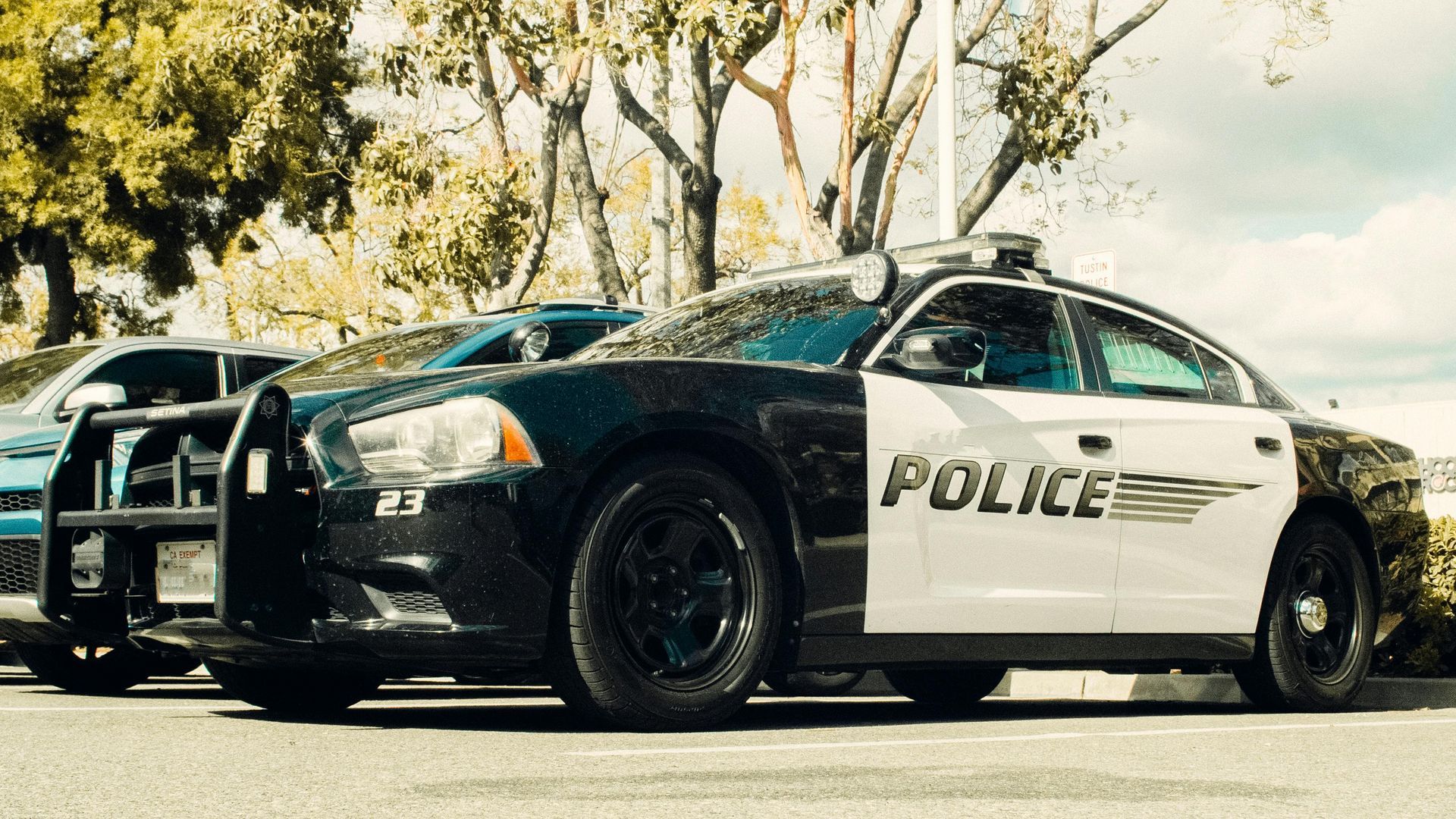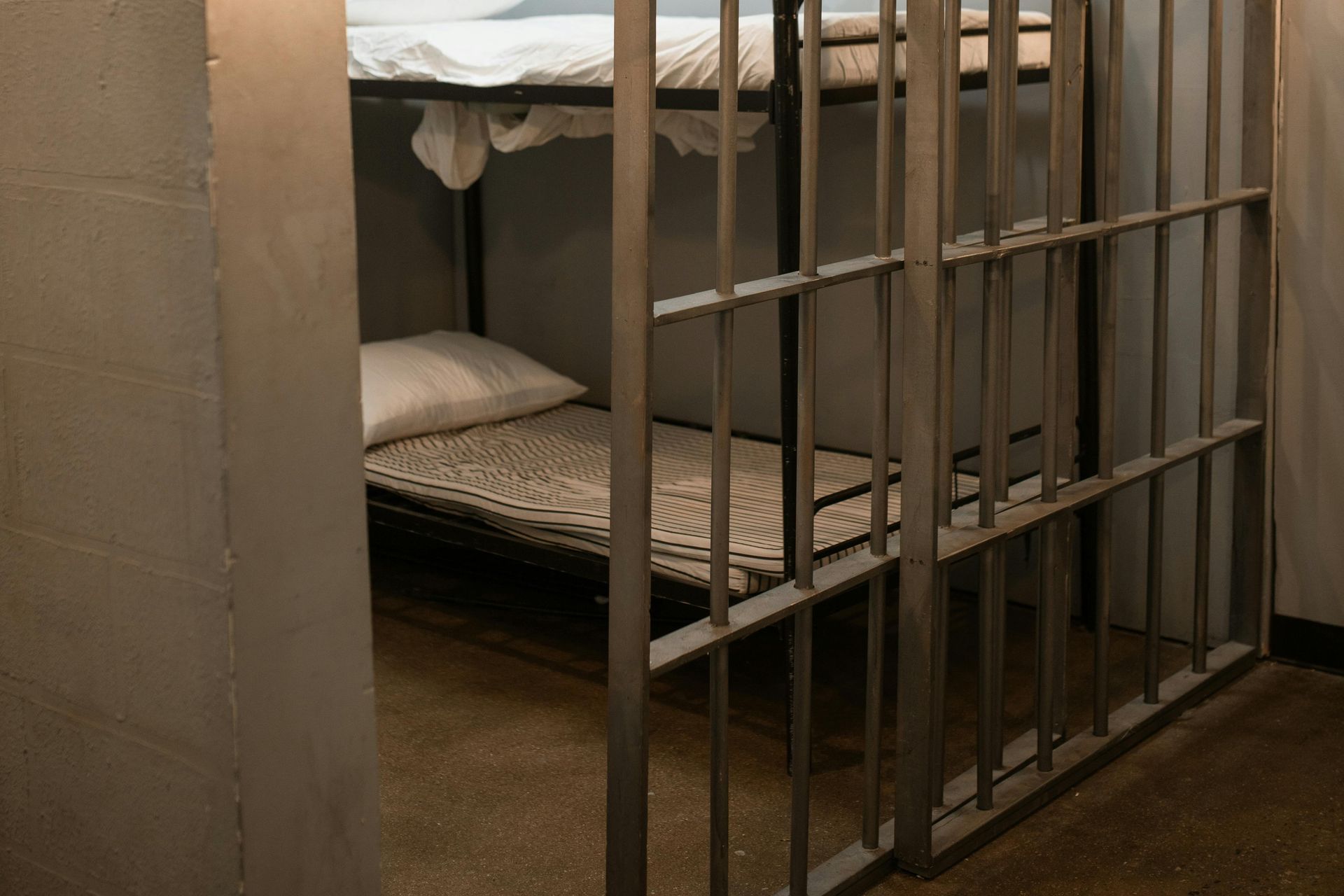Felony Convictions
In the US, the most serious crimes are classed as felonies. These crimes are considered harmful to society at large and often involve some degree of violence.
There are different levels of felony offenses, and each state classifies felonies differently. Generally, though, a Class A felony is more serious than a Class E felony, for example, and Class 1 felonies are more serious than Class 3 felonies.
Every state has its own rules to determine what makes a crime a felony. However, there are some crimes that are usually always charged as felonies:
- Arson
- Assault with a deadly weapon
- Burglary
- Kidnapping
- Murder
"White collar" crimes, like embezzlement and conspiracy, can also be charged as felonies, depending on which state laws apply and how much money is involved.
Felony convictions are serious and usually involve prison time.
The more serious the conviction, the more likely it will carry a prison sentence.
In some states, a defendant could face the death penalty if they are found guilty of certain crimes, such as murder.
The punishment shouldn't be more severe than necessary to punish the offender – what's "fair" depends on the crime committed and the case facts.
Often, judges can use some discretion when deciding what sentence to impose for a felony.











